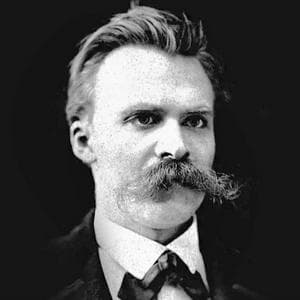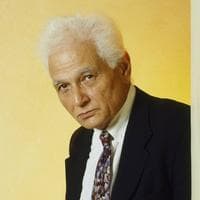Richard Rorty tipo di personalità MBTI
Personalità
"Che tipo di personalità è Richard Rorty? Richard Rorty è un tipo di personalità ENFP in mbti, 5w4 - sp/so - 541 in enneagram, in big 5, ILI in socionics."
He is certainly one of my most favourite philosophers. I study (Moral) Philosophy myself, and when I see other students having inherently unsolvable discussions (such as whether there is such a thing as absolute moral values, or whether Utilitarianism or Kantian deontology ethics are better), I feel like they would benefit from some Richard Rorty, who reminded us all that no ethical theory may ever be true and good at all times in any circumstances. Every thinkable ethical framework has inherent limitations depending on the situation (Divine Command Theory/Abrahamic Religion loses all credibility if you don't believe in God, Kantian ethics cause problems in situations where not breaking a moral rule would result in bad things happening, Utilitarianism causes problems in situations where e.g. the happiness of many people depends on the suffering of a small number of people, etc.). So Richard Rorty taught me that it's best to look at moral problems on a case-by-case basis, as opposed to trying to find the ultimate universal ethical standard. (This intuition was also found in the Ethics of care, which I support too).
Biografia
Richard Rorty (October 4, 1931 - June 8, 2007) was an American philosopher in the 20th century. He was a (neo)-pragmatist, which means he believed words, phrases and language in general should be understood by looking at how they are used (by people), rather than the (intended or supposed) meaning behind those words. This fundamental intuition about language was already worded much earlier by Ludwig Wittgenstein (in Philosophical Investigations, 1953); Wittgenstein's linguistic philosophy was often summarised by the term "Don't ask for the meaning; ask for the use!". Richard Rorty further developed this intuition in many books, his most famous one being "Contingency, Irony, and Solidarity" (1989).
Personalità correlate

Friedrich Nietzsche

Socrates

Arthur Schopenhauer

Karl Marx

Albert Camus

Immanuel Kant

Niccolò Machiavelli

Diogenes



